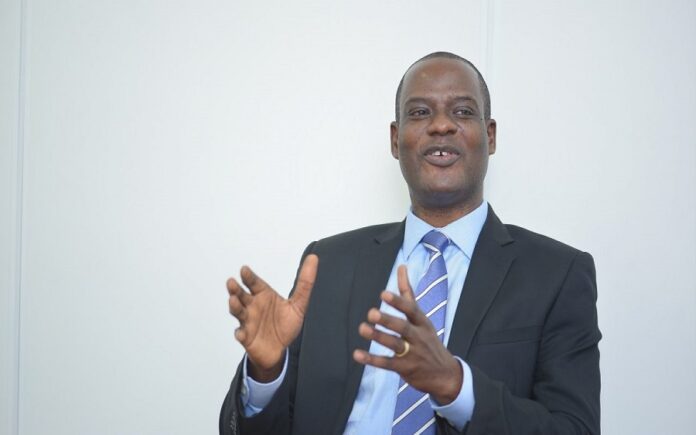The Federal Government has confirmed that the proposed 5% fuel surcharge will not be implemented until there is a notable improvement in key economic indicators, including an appreciation of the naira or a fall in global crude oil prices.
Mr. Taiwo Oyedele, Chairman of the Presidential Committee on Fiscal Policy and Tax Reforms, made the announcement on Thursday at the Haulage and Logistics Magazine Conference & Exhibition in Lagos. He described the surcharge as a well-designed policy aimed at funding road maintenance but said its immediate implementation would worsen financial pressure on Nigerians.
“The idea is brilliant and already being implemented in more than 150 countries,” Oyedele said. He noted that most of Nigeria’s 200,000 kilometres of roads are in poor condition, highlighting the urgent need for dedicated road funding.
The 5% fuel levy was first introduced during the administration of former President Olusegun Obasanjo. Its original purpose was to allocate fuel revenues to road repairs, with 40% dedicated to federal roads and 60% for states and local government roads.
Although the Federal Roads Maintenance Agency (FERMA) had requested permission to start collecting the levy following the removal of fuel subsidies, Oyedele said the committee rejected the idea.
“We said no — introducing such a tax now would be insensitive,” he explained. He added that while the surcharge is included in the draft tax law, safeguards require the Minister of Finance to issue an official order before it can take effect. “For me, the right time will be when the naira strengthens or crude prices drop, so the surcharge won’t raise pump prices,” he stated.
Oyedele also used the platform to highlight broader tax reforms being planned for the haulage and logistics sector. He assured industry players that the reforms would reduce costs, eliminate multiple taxation, and improve efficiency.
“We are not introducing new taxes; we are removing the many duplicated ones that frustrate transporters and increase prices,” he said. Under the new policy, small transport and logistics businesses with annual turnover below N100 million will be exempt from company income tax. Eligible operators will also benefit from VAT refunds and other tax incentives.
The committee’s proposed reforms aim to simplify Nigeria’s complex tax system and ensure that all tax collections are transparent and efficiently shared across the federal, state, and local governments. Oyedele said the move is expected to boost business growth in the logistics sector while improving government revenue management.
The postponement of the levy reflects the government’s sensitivity to the current financial strain on ordinary Nigerians, many of whom already face rising living costs due to inflation and fuel price adjustments.
As Nigeria continues its push for fiscal reforms, stakeholders in the transport and logistics sector remain hopeful that the planned changes will reduce bottlenecks, lower operational costs, and create a more conducive environment for business growth.
With the fuel tax on hold and broader tax relief measures in the pipeline, the government is signalling a careful balancing act: raising funds for infrastructure without further burdening citizens at a time of economic vulnerability.

